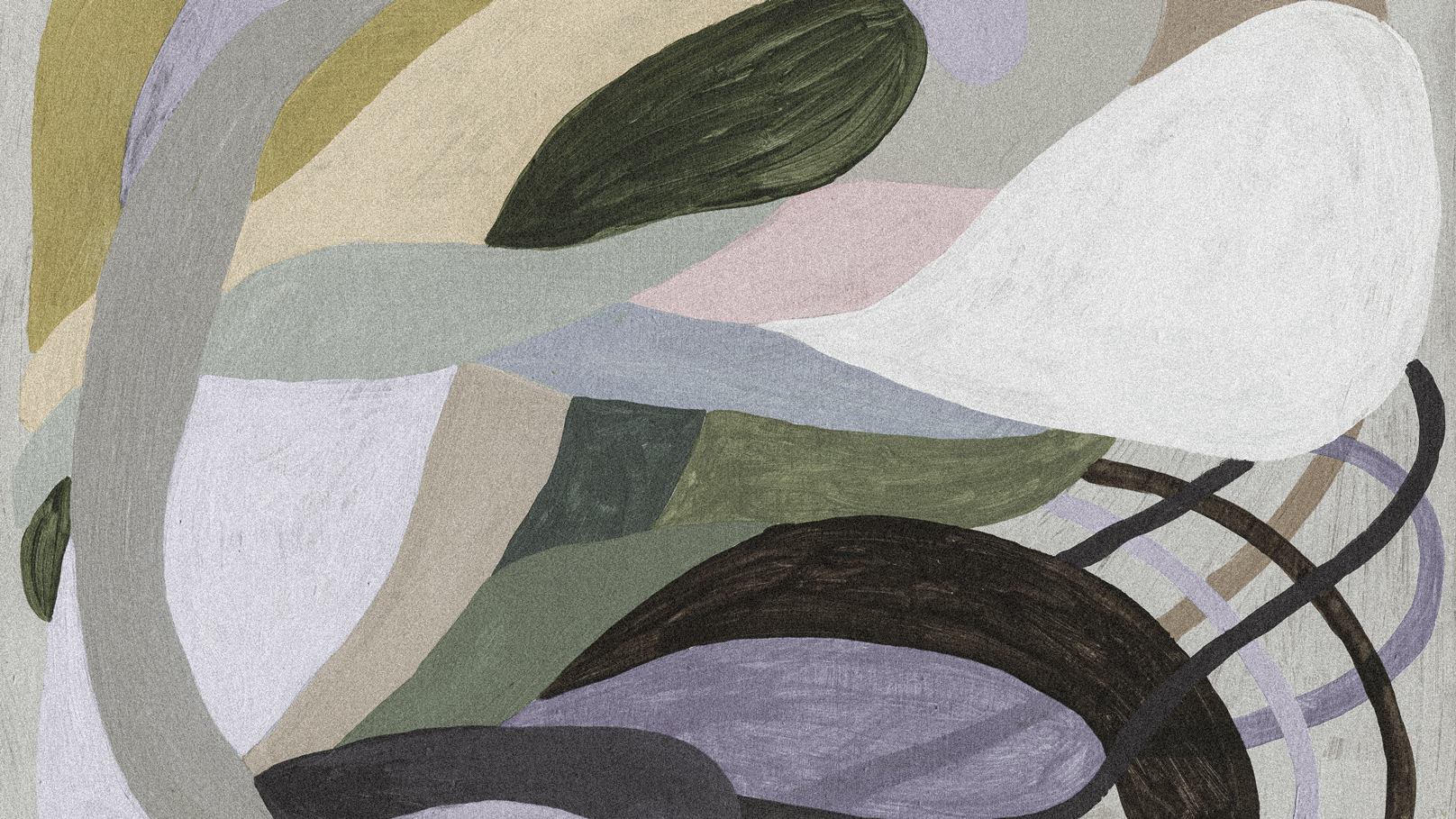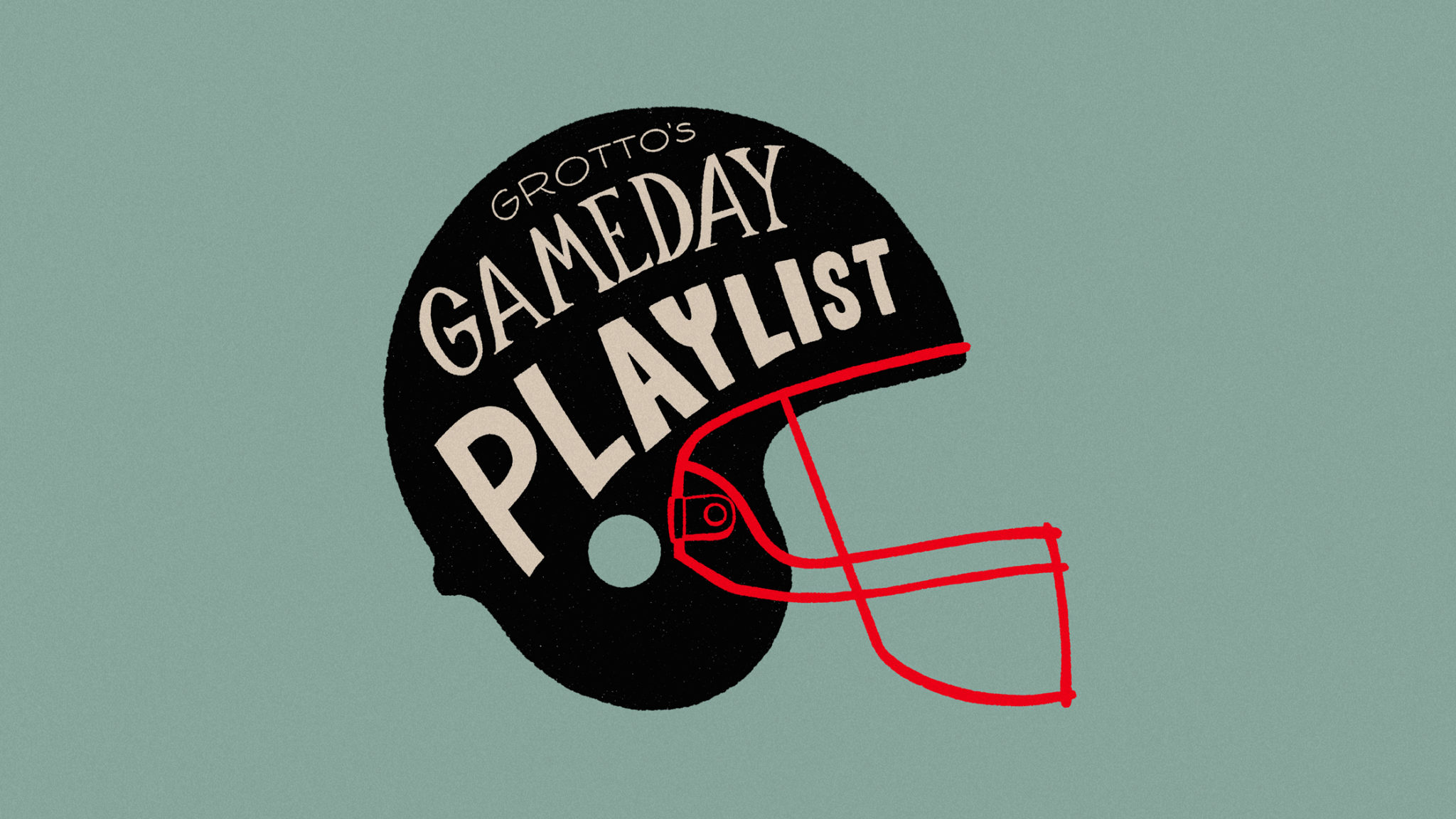
When I was in college, I went through a huge Animal Planet phase. I could tell you everything you wanted to know about the weird breeding habits of the broadclub cuttlefish or the migration patterns of the flamingo. These animals on the screen made me laugh, cry, and scream. With every visit to the beach, I’d hear the narrator’s voice in my head describing the mating habits of the yellow-bellied minnow or explaining why manatees are called “sea cows.” After I binged my way through Animal Planet, Blue Planet, and DisneyNature, I began to wonder where this intense desire to study our planet’s creatures was coming from. The further I searched, the more I realized this fascination went deeper than watching weird animals on a screen.
From the dawn of mankind, we have lived alongside animals. We’ve befriended them, hunted them, ignored them, and loved them for generations. As we have evolved, they've evolved. They have survived alongside us through wars, natural disasters, and overbearing pet mothers. Along the way, our relationship with animals has flowed in every direction imaginable. And yet, one must stop to ask: why do we maintain these animal-centered relationships?
I recently watched a Netflix series on animals all around our planet. One episode of the series introduced the wildebeest, an animal I initially couldn’t have cared less about. But as I listened to the narrator explain the patterns of this seemingly uninteresting animal, I became invested in its life story.
Did you know that wildebeest spend most of their lives following seasonal rains? They travel for miles on end in southeast Africa, grazing on the freshly grown grass brought by the rain. Moving together in huge herds, they make treacherous journeys and must protect one another from every sort of predator that approaches their group.
Each year, young calves are born into the herd. As they grow, they are expected to one day join the adults for their life mission of following the rains. In order to grow strong enough for this journey, the calves are encouraged to play with one another. Leaping and running about for hours on end, they begin to nurture the strength necessary to make the long journeys that will define the rest of their lives.
As I watched the young wildebeests play with one another, I was struck with the idea that their life is not all that different from our own. We too spend our entire lives on long journeys, not always knowing where they may take us. We too prepare for these journeys when we are young by playing, practicing, and spending time amongst friends. We too travel in “herds” as we face the dangers of our journeys, protecting each other as best we can from the predators that surround us. It seemed to me, the more I studied and learned about these animals, the more I learned about myself.
After hours (and hours) watching Animal Planet, I learned as much about myself as I learned about the animals presented on the screen. I was amazed by the way both humans and apes learn through mimicry. I was inspired by the way the elephants sought out community amongst family and friends of old; and encouraged by the wildebeest as they strove to leave no friend behind when a dangerous predator targeted the group. Watching these simple programs has made one thing unbelievably clear to me — these strange animals from all over the planet were meant to live alongside mankind. We learn from studying animals what we cannot learn from studying ourselves. Through this study, they empower us to live out our humanity in new and challenging ways.
I encourage you to sit down and study an animal. Learn its patterns, its weird habits, and what makes it “tick.” Go to the zoo, and learn about our history with sea lions, or spend an afternoon listening to David Attenboro describe the big cats of the world. As you learn more about the creatures that share our history, you will learn more about your own innate humanity and the beautiful uniqueness you bring to our planet.























